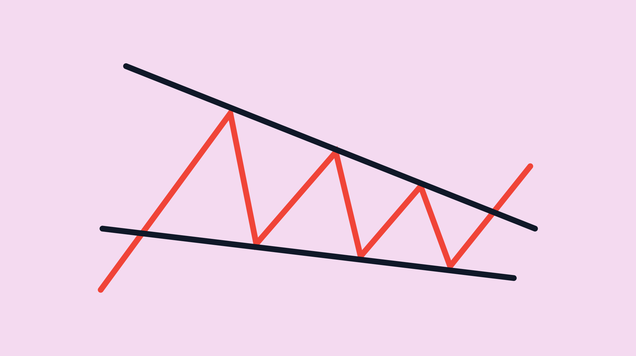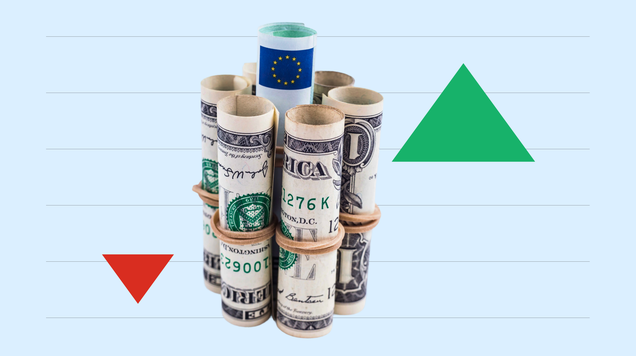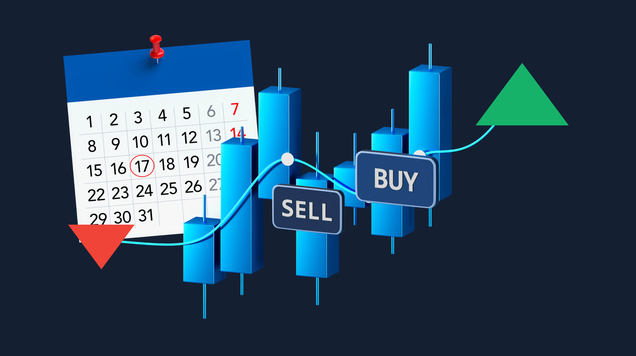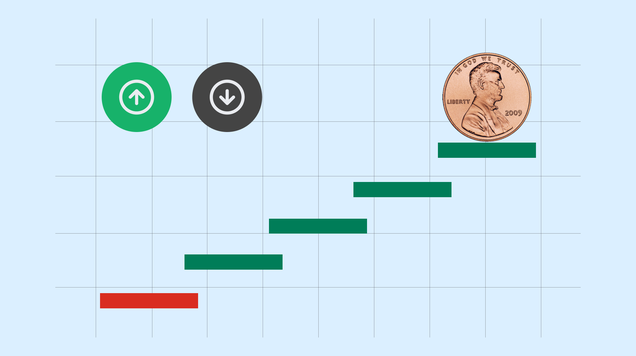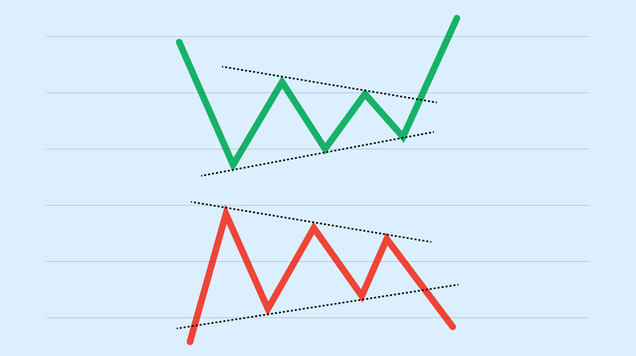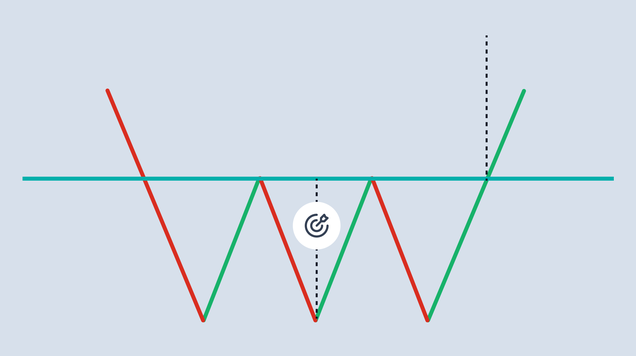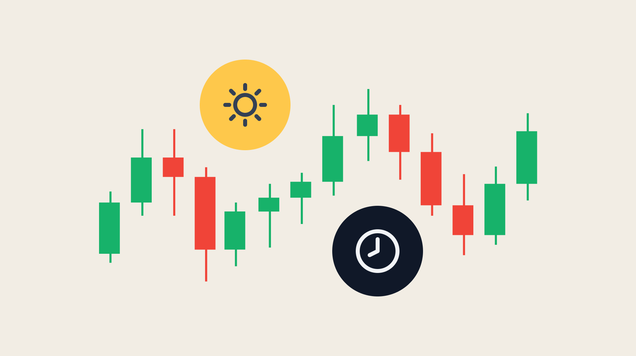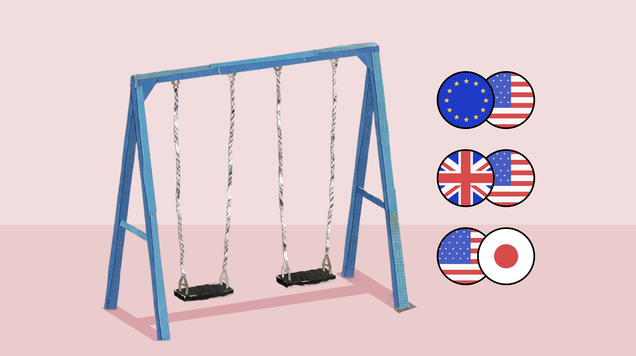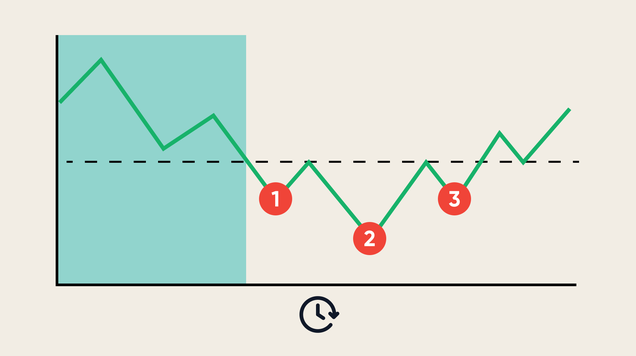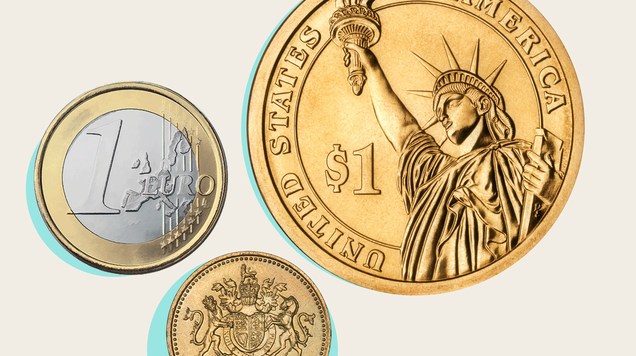Trading basics: Your guide to entering the financial markets
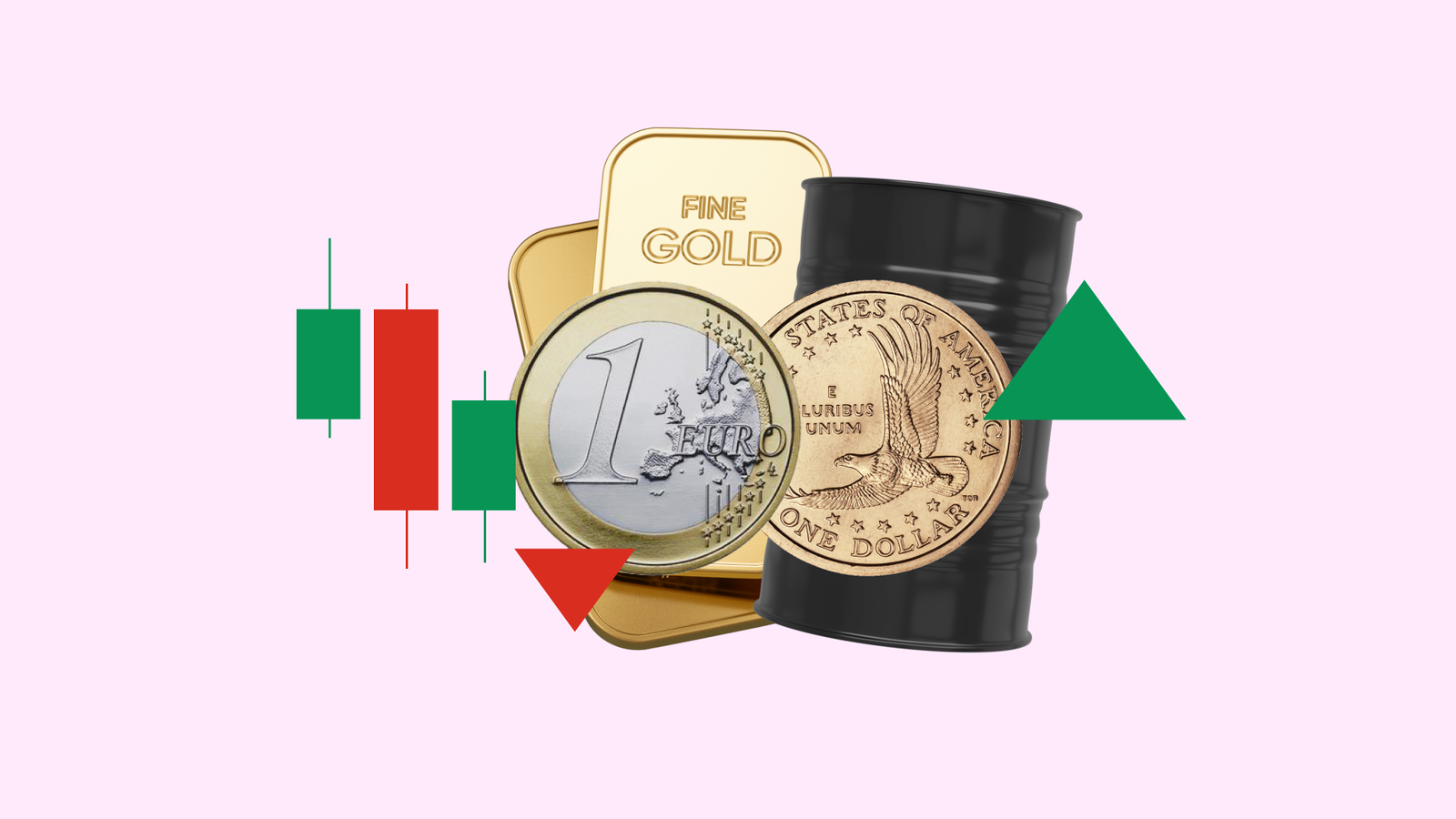
Trading is the process of buying and selling assets like stocks, currencies, commodities and bonds.
Beginners should study price movements, market conditions and global events before entering trades.
Lasting success comes from knowledge, discipline and the ability to manage risks effectively.
Building personal wealth may take a long while if you rely on a single income to achieve it. Although starting a business seems like a logical step towards a financial goal, you might not have the time and capital for it. Trading, however, could be a good option towards financial security.
When you trade in the financial market, you have an opportunity to build wealth with minimum capital. You can also manage when you trade and how often, which means you can still retain your day job if you like. But how much you earn from trading will depend on how much you know about this approach.
We give you an overview of this financial activity to help you get started.
What is trading?
Put simply, trading is the buying and selling of financial assets. These financial assets include, stocks, bonds, currencies (or forex), commodities, futures and options. Each asset comes with its own complexities, potential for returns and level of risks. As such, traders will have specific strategies and plans that dictate what they buy, when they sell and at what volume or quantity. They will also use certain tools to execute their trades.
At the core, however, is that each decision is based on anticipated price movements over typically brief periods.
To identify when traders will enter (buy) and exit (sell) a trade, they would need to evaluate price charts in detail. They would also need to study shifts in market sentiments relevant to these price movements. Other catalysts can also factor into trading decisions.
How does trading work?
The basic concept guiding every trade is supply and demand. Demand increases and prices go up when there are more buyers than sellers. Conversely, demand shrinks and prices go down when sellers outnumber buyers.
You can carry out trades in an over-the-counter (OTC) market, which involves two parties (directly or with broker dealers). OTC markets offer anonymity and customised contracts. Because this type of transaction has no physical location, only a virtual network of participants, you can trade at all hours of the day.
Another way to carry out trades is through the exchange (e.g., NYSE, NASDAQ, FTSE, etc.).
An exchange centralises communication of bid and offer prices; communication happens through voice, hand signals, or electronic messages. The market communicates the price that a buyer and a seller have agreed on, allowing other traders to buy high or sell low according to exchange rules.
Although exchanges have physical locations, some transactions can now take place electronically on trading platforms. Some exchanges have closed their traditional trading floors, like NASDAQ and the London Stock Exchange, both of which are fully electronic now. The NYSE is in the process of moving towards electronic trading.
Technology is changing how trading works in some markets, like OTC. Some brokering platforms allow dealers and non-dealers to submit quotes directly and execute trades through an electronic system.
How do you start trading?
As a beginner, you’ll want to learn as much as you can before making that first trade. You must learn about markets, the variety of assets and the different strategies to apply. A deep understanding of how every element affects trading can give you clarity even when things are moving fast.
Learn about the difference between forex and commodities if you’re not sure whether to trade currencies or raw materials.
Be prepared to analyse market conditions; read the financial news and determine indicators that drive movement in certain markets or particular assets. For instance, how does the stock market influence crypto movements? Knowledge and analysis allow you to identify opportunities, not just manage risks.
You should also stay informed about economic data and global events because they can impact the market. Take for instance the effect of Trump’s recent tariff order.
Once you’re confident about the level of knowledge you’ve acquired, create a trading plan. This will inform the type of trading (e.g., day trading, position trading, swing trading, etc.) you’re comfortable doing and the strategies you’ll follow to manage risks. In highly volatile markets, you’ll need the safety net of a solid strategy to minimise or prevent losses.
Then, choose your trading platform and open an account. Fund your live account, and consider what assets and markets you’d like to focus on.
If you have sufficient capital, you can trade stocks or commodities. Stocks from established companies offer safe entry for beginners. The market is also more familiar and has lower volatility than more recent markets, like crypto. Meanwhile, some commodities can be safe-haven assets during volatility.
Ultimately, choose an asset that’s interesting to you. That way, you’ll be more inclined to learn about it and what affects its direction in the market.
Start your trading journey
Every trader continually hones their skills. The learning never ceases because knowledge determines profitability and manages risks.
Successful trades are not just the results of technical and analytical skills. They’re also products of discipline, patience and emotional control amid highly stressful trades. Master all of those, and you’ll be well on your way to becoming a trader and building your wealth.
Learn more about trading today.
